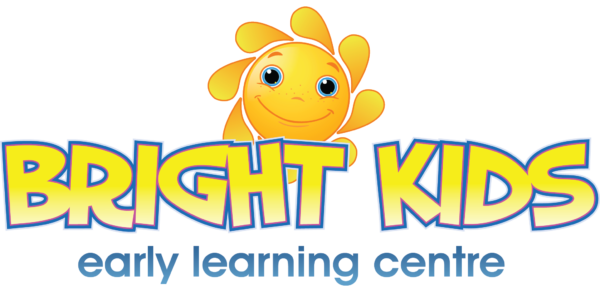Developing Independence Skills
Developing Independence is the staple to self confidence and is essential for formal schooling, not to mention an important foundation block. School readiness is about the development of the whole child.
This begins by developing the children’s;
- Social and emotional skills;
- Physical skills;
- Communication skills; and
- Cognitive skills.
In addition to these, one of the best things we can do to assist with preparing for school is to encourage a range of independence skills which will help our little ones settle in and feel confident.
What To Expect
Formal schooling will include extended periods of time sitting at a desk or on the floor. Core strength surprising plays a major role in being able to control their bodies, in order to listen and engage with the teacher.
Opportunities Provided
In our Sea Turtles room, we encourage this independence skill learning with multiple opportunities throughout our day for the children to make their own decisions with;
- Opportunities for open communication discussions;
- Art expressions;
- Activity exploration inside and yard play;
- Arranging constructive resources;
- Independent choices with table top learning experiences;
- Exploring gross motor development;
- Role playing opportunities; and
- Free play moments where the children are encouraged to freely express themselves with multiple rotating resources and set ups.
The table top learning experiences are heavily focused around fine motor skills and strengthening the pincer grip.
Strategies For The Home Environment
Below are a few suggestions of skills you can start extending on and implementing in your home environments;
- Support your child to put on his/her own clothes and shoes (make sure they can do buttons, snaps, zips);
- Encourage your child to take responsibility for their belongings like hat, water bottle and lunch box;
- Have practise days out at the park and ensure they know where their belongings are and retrieve the items themselves when it is time to go;
- Encourage your child to eat independently in a given time period. Lunch eating periods can range from 10- 25 minutes. Be sure to include handwashing and unwrapping their lunch in the eating routine;
- Give your child some choices throughout the day; what to wear, what to eat from a range of healthy options. Making independent choices will occur daily at school.
- Ensure your child can independently manage in the bathroom, including flushing the toilet and handwashing;
- Encourage your little one to join lots of conversations – ask them questions, listen to their answers, and encourage them to talk about what they think and feel so they can express themselves with new friends and teachers; and
- Most importantly encourage morning routines with a to-do-list that they check off. This is used as a guide for them so they don’t feel like they are constantly being told what to do and you can rest assured they are on track. Include things like: getting up with an alarm, eating breakfast, getting dressed, brushing teeth, brushing hair and packing their own school bag.
Remember, every child develops at their own pace and has their own strengths and interests. We all have weaknesses that we are wanting to strengthen, so if your child doesn’t demonstrate the skills and behaviours just yet, this is where you can focus your efforts. Choose one skill to strengthen at a time.
That’s all this month from Miss Tracy and the Sea Turtles (Pingin) children.
Also please follow our Facebook and Instagram Pages and stay up to date.


